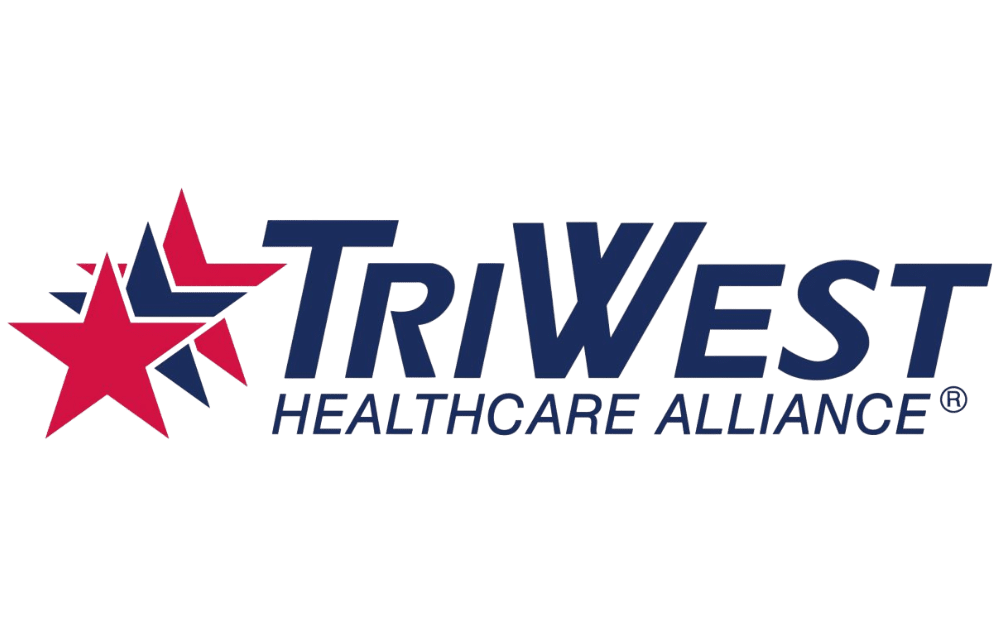inpatient rehab – Resources
Inpatient rehab
Types of Inpatient Rehab Programs
At Mile High Recovery Center, we offer a variety of inpatient rehab programs tailored to meet the diverse needs of individuals struggling with substance use disorders. Our programs include residential treatment, short-term residential care, and partial hospitalization. Each offers a structured environment where patients can focus on recovery without outside distractions. We provide specialized care for different substances, including alcohol, opioids, and stimulants, ensuring targeted treatment for each individual.
Benefits of Inpatient Rehab
One of the primary benefits of inpatient rehab is the ability to immerse oneself in a recovery-focused environment. With 24-hour access to professional support, patients can begin their journey to sobriety surrounded by a supportive community. Our programs offer a comprehensive approach to treatment, integrating evidence-based clinical therapies with experiential modalities such as adventure therapy and art activities, which help in holistic healing.
Duration of Inpatient Rehab
The duration of inpatient rehab varies depending on individual needs and the specific program chosen. Typically, our residential treatment programs last from 30 to 90 days, while short-term residential care may be appropriate for those needing a brief, intensive intervention. We collaborate closely with our patients to determine the most suitable duration to ensure successful outcomes.
Cost of Inpatient Rehab
Understanding the cost of inpatient rehab is crucial for individuals and families seeking treatment. At Mile High Recovery Center, we strive to make our services as accessible as possible. We are proud to accept a wide range of insurance plans, including major carriers like Aetna, Cigna, and Blue Cross Blue Shield. We offer insurance verification to assist with in-network reimbursement, helping to alleviate the financial burden of treatment.
Choosing the Right Inpatient Rehab Facility
Choosing the right inpatient rehab facility is a crucial step in the recovery process. At Mile High Recovery Center, our comprehensive care model, experienced staff, and therapeutic environment set us apart. We emphasize personalized treatment planning and offer a continuum of care that supports long-term recovery. Our accreditation and industry recognition ensure that our patients receive the highest standard of care.
What to Expect During Inpatient Rehab
During inpatient rehab, patients can expect a structured daily schedule that includes a mix of clinical therapy sessions, group work, and hands-on therapeutic experiences. Our integrated housing-to-treatment pipeline ensures a seamless transition into rehab, with a focus on community-based recovery and reintegration. Patients have access to a range of support services, including medical management and anti-craving medications.
Therapy Options in Inpatient Rehab
Clinical Therapies
- Cognitive Behavioral Therapy (CBT)
- Dialectical Behavior Therapy (DBT)
- Motivational Enhancement Therapy
- EMDR (Eye Movement Desensitization and Reprocessing)
Experiential Therapies
- Adventure Therapy
- Equine-Assisted Therapy
- Art and Music Activities
These diverse therapy options allow us to tailor treatment to the unique needs of each patient, promoting comprehensive recovery.
Support Services in Inpatient Rehab
Our support services are integral to the recovery process. With a team that includes clinicians with lived recovery experience, patients benefit from genuine, empathetic support. We also offer family therapy to engage loved ones in the healing process, fostering a strong support network beyond the rehab setting.
Discharge Planning from Inpatient Rehab
Discharge planning is a critical component of our inpatient rehab programs. We work closely with patients to develop a personalized aftercare plan that includes options such as intensive outpatient programs, coordinated sober living arrangements, and ongoing alumni support. Our goal is to ensure a smooth transition from inpatient care to independent sober living.
Success Rates of Inpatient Rehab Programs
Mile High Recovery Center is committed to measuring the success rates of our inpatient rehab programs. Our comprehensive, personalized approach to treatment is designed to optimize outcomes. We actively track progress through outcome-based assessments, consistently reviewing and refining our methods to achieve the best possible results for our patients.
Relapse Prevention Strategies After Inpatient Rehab
Relapse prevention is an ongoing focus of our care model. We equip patients with practical strategies and tools to maintain their sobriety after completing an inpatient program. Our active alumni community offers a robust support network, engaging patients in ongoing activities and ensuring they remain connected to a sober, supportive community.
Additional Resources:
9th Step Promises Aa
The 9th Step Promises of Alcoholics Anonymous (AA) offer profound assurance of transformation and spiritual freedom for those who successfully complete Step 9: making direct amends to those harmed, except when doing so would cause further injury. Rooted in the AA Big Book, these promises define the emotional and spiritual rewards of rigorous honesty and restitution within the 12-step framework. Key assurances include attaining a new freedom and happiness, comprehending serenity, losing fear of people and economic insecurity, and the disappearance of uselessness and self-pity.
The content details the foundation of the AA 12 Steps, a structured program developed in the… Recovered On Purpose
Senior Care Transportation San Diego CA
Are you seeking senior care transportation services that are reliable, affordable, and backed by a team of experienced professionals? At Nona’s Homecare, we understand the importance of senior care and transportation, and our dedicated team is committed to providing high-quality services that meet the unique needs of each individual client. Nonashomecare.com
















